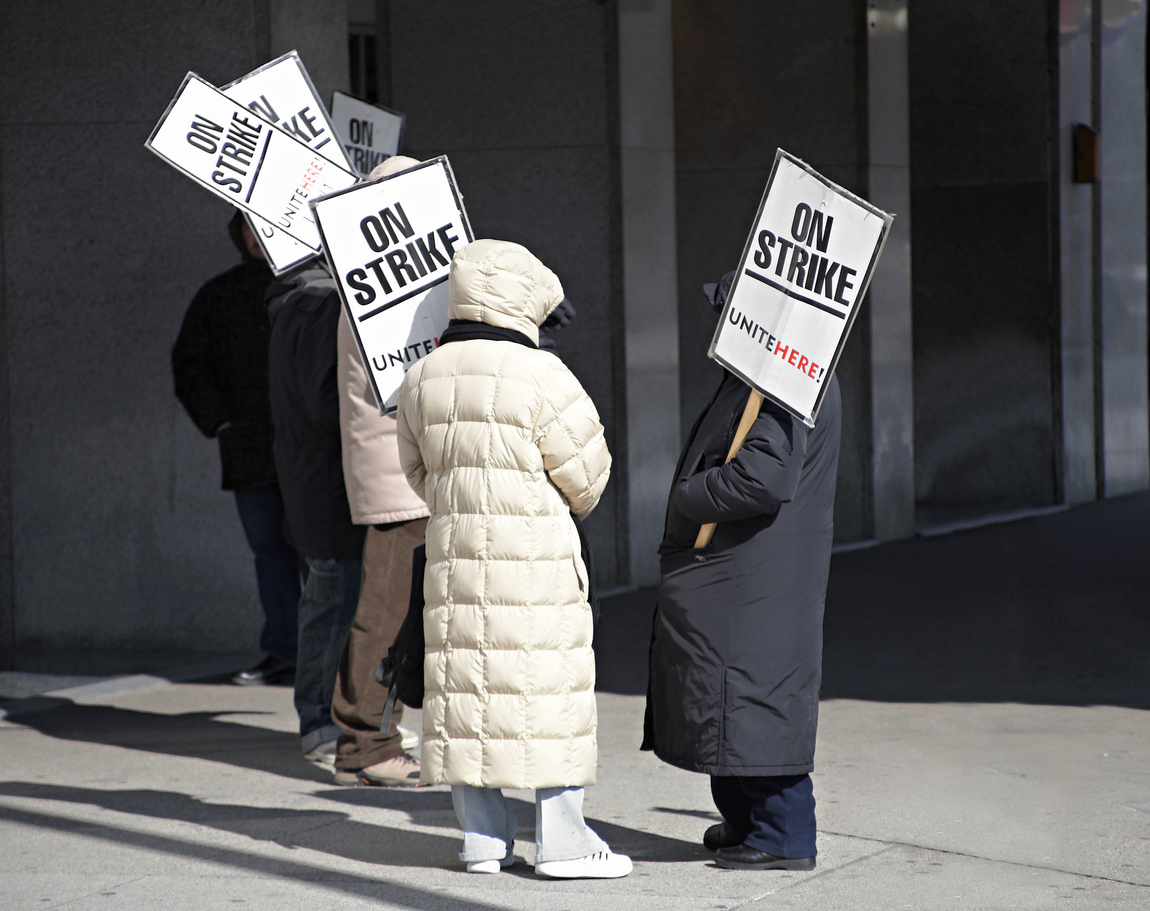A National Labor Relations Board (NLRB) final rule making it easier for employers who contract employees from other companies to be deemed a joint employer was blocked March 8 by a district court judge in Texas. The rule had been slated to take effect March 11.
If two entities are joint employers under the National Labor Relations Act, both must bargain with the union that represents the jointly employed workers, both are potentially liable for unfair labor practices committed by the other, and both are subject to union picketing or other economic pressure if there is a labor dispute.
We’ve gathered articles on the news from SHRM Online and other media outlets for more insight.
Rule Found to Be Too Broad
The court decided that the new joint employer rule is too broad and violates federal labor law. The rule was found to be invalid because it would treat some companies as the employers of contract or franchise workers even when those companies lacked any meaningful control over their working conditions.
The rule “would treat virtually every entity that contracts for labor as a joint employer because virtually every contract for third-party labor has terms that impact, at least indirectly ... essential terms and conditions of employment,” the court wrote. The NLRB is expected to appeal.
New Standard Replaced ‘Direct Control’ Rule
The NLRB released the new final rule in October of last year. Under the rule, indirect control over terms and conditions of employment is enough to establish joint employer status, even if the company never exercises a contractual right to exert that indirect control.
This final rule was to replace an older rule that took effect on April 27, 2020. Under that rule, an employer could be a joint employer of another entity if it had direct and immediate control over the essential terms and conditions of employment, such as wages, benefits, work hours, hiring, discharge, discipline, supervision and direction.
SHRM advocated for the NLRB to create legal scaffolding that supports that a joint employer relationship is established when there is sufficient relevant evidence to show regular and continuous control—not sporadic, isolated, or de minimis control.
Effective Date Had Been Delayed
Prior to striking down the new rule, the court had delayed its effective date two weeks, pushing it from Feb. 26 to March 11.
(SHRM Online and Reuters)
New Rule Could Have ‘Upended' the Franchise Industry
The current test of whether companies are joint employers, set by the rule that took effect in 2020, considers direct and immediate control over essential terms and conditions of employment. Business advocates challenging the new rule warn that its broader standard could upend the franchise industry and disrupt business-to-business arrangements for outsourced labor.
House Passed Measure to Repeal New Rule
A proposal to overturn the new rule passed the U.S. House of Representatives in January and is pending in the Senate. President Joe Biden has said he would veto the resolution if it passes both houses of Congress.
(Reuters and SHRM Online)
An organization run by AI is not a futuristic concept. Such technology is already a part of many workplaces and will continue to shape the labor market and HR. Here's how employers and employees can successfully manage generative AI and other AI-powered systems.




